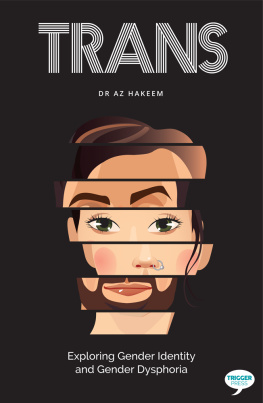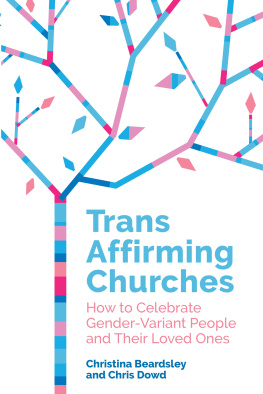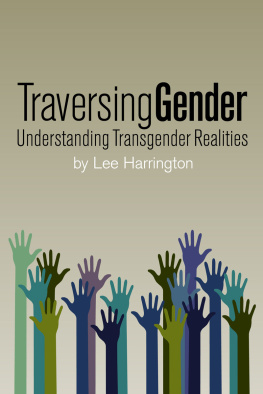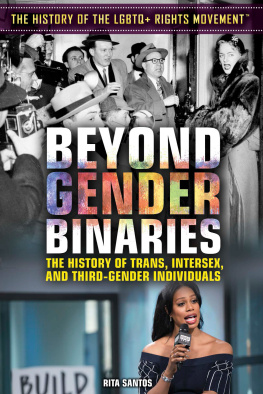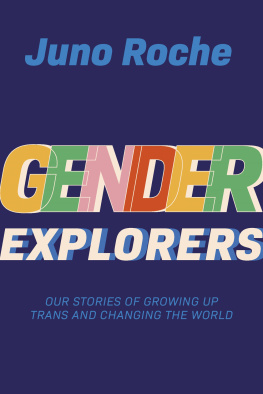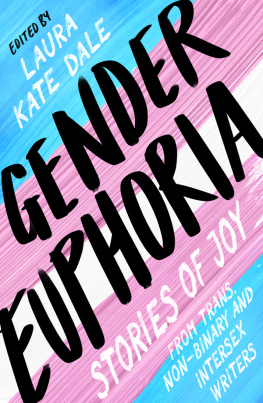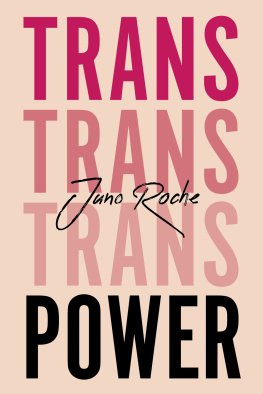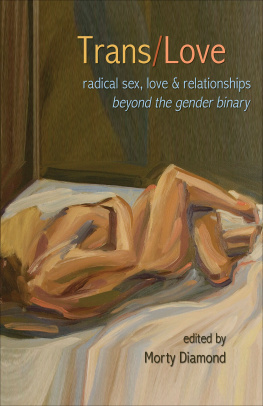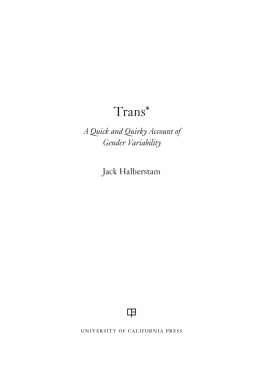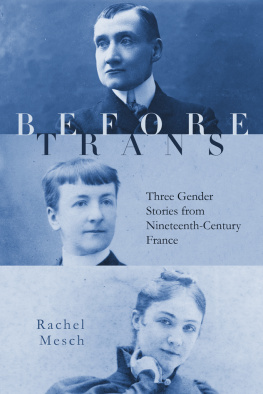decolonizing trans/gender 101 Copyright 2014 by b. binaohan.
This book was produced by publishbiyuti.org.
The motivation for this book partially arises out of a request I received from a fellow Filipin@ who wanted to know if there were any good Trans 101s devoted to Indigenous and/or People of Colours (IaoPoC) genders. I couldnt think of a single one off the top of my head. I ended up writing a fairly quick (relatively) blog post about it. And, for the most part, I was content to leave it at that.
Until I saw a recent publication, Transgender 101: A Simple Guide to a Complex Issue (2012) recently published by Columbia University Press and written by Nicholas M. Teich.
The book purports to be an accessible introduction to transgenderism and the issues surrounding the identity. Except
And this is where it gets especially problematic, one of the things it claims to do is touch upon the history of transgender. Except, it is impossible to talk about the history of transgender with no explicit mention of colonialism or race.
How can we talk about transgender without locating the identity in a larger global context? Or without mentioning the way that these guides, intended and whose purpose is explicitly to simplify complex issues, erase experiences of many people, while normalizing others?
Where is the transgender 101 for all the people who are erased, omitted, marginalized, left out, by guides like this? It is clear that there needs to be something more. Something for the rest of us. Something that allows us to have a conceptual space where we can articulate our experiences. And articulate them in ways that do not make us feel false or incorrect for all the ways we do not see ourselves reflected in the white normative trans/gender discourse.
I, of course, have a personal and vested interest in something like this. And in the process of decolonization.
My very first blog post was about the colonial nature of white trans/gender discourse. It was at a time of personal awakening for me and a time when I was beginning to separate myself from all kinds of white rhetoric and discourse.
I ended up encountering, early on, this bit of history of the San Francisco Trans March
We are calling for this march to demonstrate that we are a significant and growing portion of the lgbtiq community; to increase our visibility and presence in the tgiqlb community and the overall community at large; to encourage more trans and gender-variant people to come out; to build connections among ftm, mtf, bayot, crossdressers, sadhin, hijra, transvestites, bantut, drag queens, drag kings, mahu, transsexuals, bakla, travesti, genderqueers, kathoey, two spirit, intersex and those with other labels for themselves and no labels for themselves
It had never really occurred to me, until I saw this, that the trans community was under the impression that it was including people like me. Or that I was, as far as they were concerned, part of their community.
Imagine my surprise (no really, try to imagine it). And it wasnt as if, up to this point, that Id never encountered or spoken to white trans people before. I had. I had friends, dates, etc. in the community (since I was never really one to exist within the white normative/assimilationist part of the cis queer community).
Except up to this point, I had been IDing largely as gay. And this remained true, even in my younger years when I had a very femme presentation (skirts, makeup, etc.). This situation was plausible because, in my community at least, this is what gay meant.
Of course, the Tagalog word for it is bakla (or sometimes is, at least). It was only after realizing that Id never been gay, but rather bakla, that I saw the SF Trans Marchs pseudo inclusion of my identity under their umbrella. Their laundry list of Indigenous and/or people of colour (IaoPoC) genders as an attempt to appear inclusive.
(and i now know there is a certain amount of irony, at least, of including bakla in that list for an event like the Trans March)
Yet. This is exactly the problem:
What is behind the failure of the trans community to actually be relevant to someone like me? Someone they appear to think should be under their umbrella?
And, of course, part of the problem is books like Teichs Transgender 101.
The problem lays in all of these white attempts to explain, educate, and reduce the complexity of a complex subject for those who oppress us.
(I do understand the motivation, btw, I just dont buy into it. Because these attempts are usually predicated on the notion that it is necessary for us to be understood by our oppressors if we ever want them to stop. Except what is actually necessary is that oppressors remove the hate from their hearts and see those they step on as human beings. Understanding isnt necessary.)
This reduction and simplification, ultimately ends up normalizing one way to conceptualize gender. One way for it to be articulated. One narrative. One story.
It invokes the danger of the single story, as explained by Chimamanda Adichie in her July 2009 TED Talk
If you look at the recent report, Injustice at Every Turn: A Report of the National Transgender Discrimination Survey
Books and blog posts, etc, like Teichs simplify these struggles away. They create a mythical reality where all of our experiences are the same and equivalent. Even worse, they attempt to present them in a pretend method that is allegedly accessible.
But they never ask the important question: to whom is this book supposed be accessible? Because, beyond the obvious answer that the guide or Trans 101s generally are intended for a cis audience, they should also be useful to people at the beginning of their journeys.


